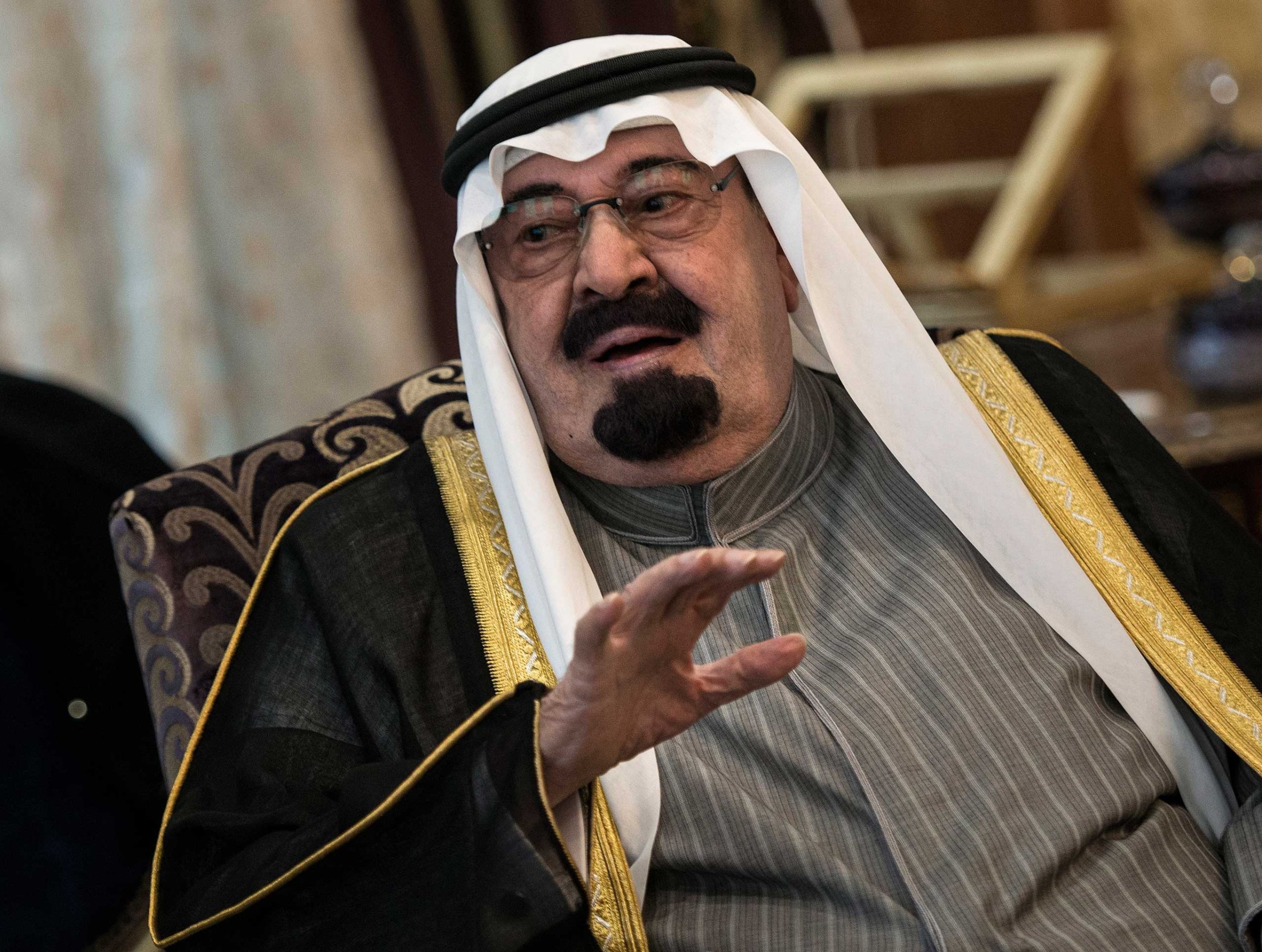
There may be no more conservative society in the world. Cautious, closed, careful, Saudi Arabia now mourns the loss of its King, a man who came from the desert but wanted to advance the Kingdom into the global age.
To say he pushed Saudi Arabia toward modernization is an understatement. He aggressively pursued commercial and economic development, spending billions of dollars on modern rail, metro, and infrastructure projects. He invested not just in the three major cities — Riyadh, Jeddah, and Dammam — but also in smaller cities across the country, building universities, hospitals, and establishing new economic zones. He was open and welcoming to American businesses, and worked to expand the private sector beyond petroleum-based enterprises. He advanced the opportunities for women in many areas, though for most in the West, the issue of women driving continues to be a lasting symbol.
Perhaps his most enduring undertaking was his embrace of education. His King Abdullah Scholarship program provides full scholarships to almost 120,000 Saudi students studying in the United States — scholarships based solely on merit, not family connections or gender. I can think of no other program of similar magnitude other than the GI Bill in the United States after World War II. A generation of Saudi students, are gaining access to advanced science, technology, and critical thinking programs that will be lasting tribute to the King’s vision for his country.
King Abdullah prized his country’s relationship with the United States, and he had a close working relationship with every American president. In my service as Ambassador, I saw his deep affection for both Secretary Clinton and Secretary Kerry. He was a close ally in the fight against extremism, and under his leadership, the U.S.-Saudi military and intelligence cooperation could not have been stronger. He felt a deeply personal reaction against the violence in the region, especially the suffering in Syria, which troubled him as early as May 2011. Even in his final months, he continued to look for ways to end the fighting there. He was the architect of the Arab Peace Initiative, which laid out a path that would support peace between Israel and Palestine through Arab state recognition of Israel and economic support to secure the peace.
As the elder statesman of the Arab and Islamic world, he was legendary in his support for Muslims worldwide. He brokered the first Religious Dialogue in Madrid then established the Religious Dialogue Center in Vienna. It was King Abdullah who called together in 2012 the leaders of all Muslim majority countries to begin a discussion on how to end the violence of Muslims against Muslims.
Some suggest that he could and should have done more. After all, he was an absolute monarch, one of the few remaining in the world. As everyone who has spent time in Saudi Arabia knows, however, there are competing constituencies, and resilient traditions, that make consensus-building difficult. But even within this most distinct and constrained culture, he opened the door to the world for a new generation of Saudi youth. He redefined the monarchy, from an austere and remote detachment to a caring and smiling face of optimism. It is an optimism that may seem a distant memory in the troubled times ahead.
I had the rare privilege to represent my country in Saudi Arabia, and for that reason I add a personal note. King Abdullah was a kind man, someone who welcomed guests and treated everyone around him with respect. One of my most memorable visits was by Rep Nita Lowey; she and King Abdullah talked about grandchildren for a full 30 minutes. He certainly was at ease on the throne, but I often felt he was most comfortable with real people. He was truly a man of the desert, and his nation mourns for him today.
Rich Nation, Poor People: Saudi Arabia by Lynsey Addario
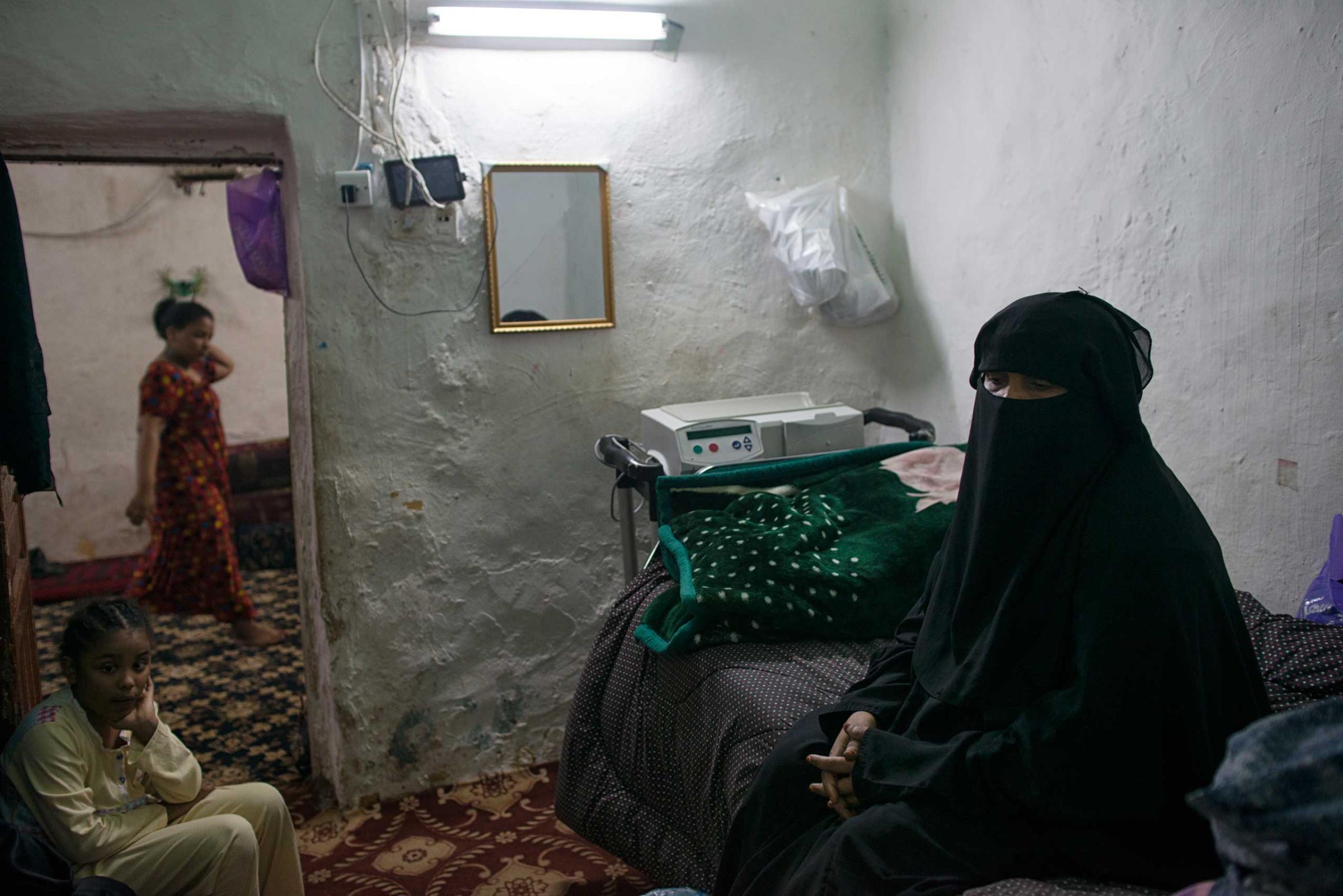
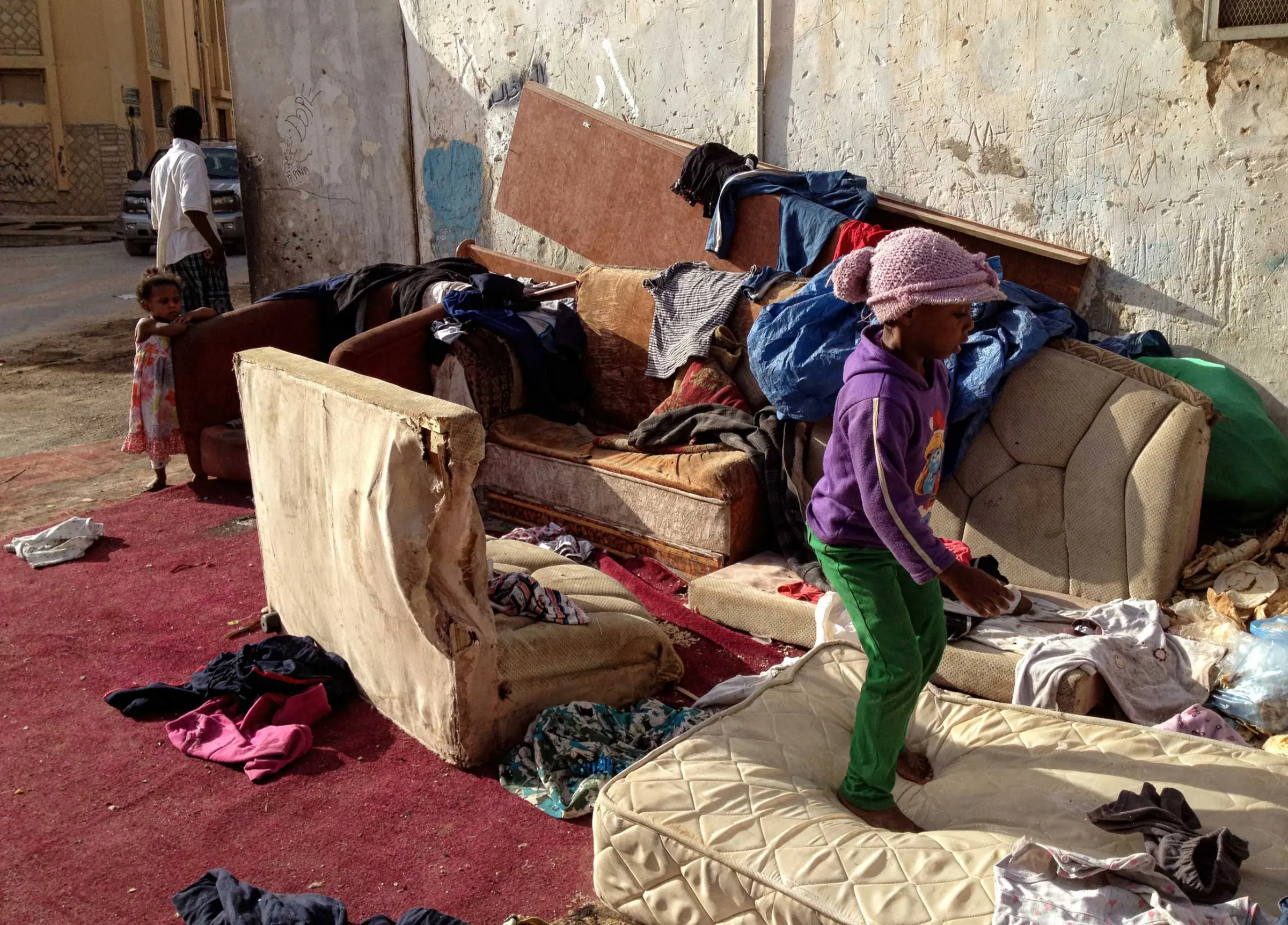
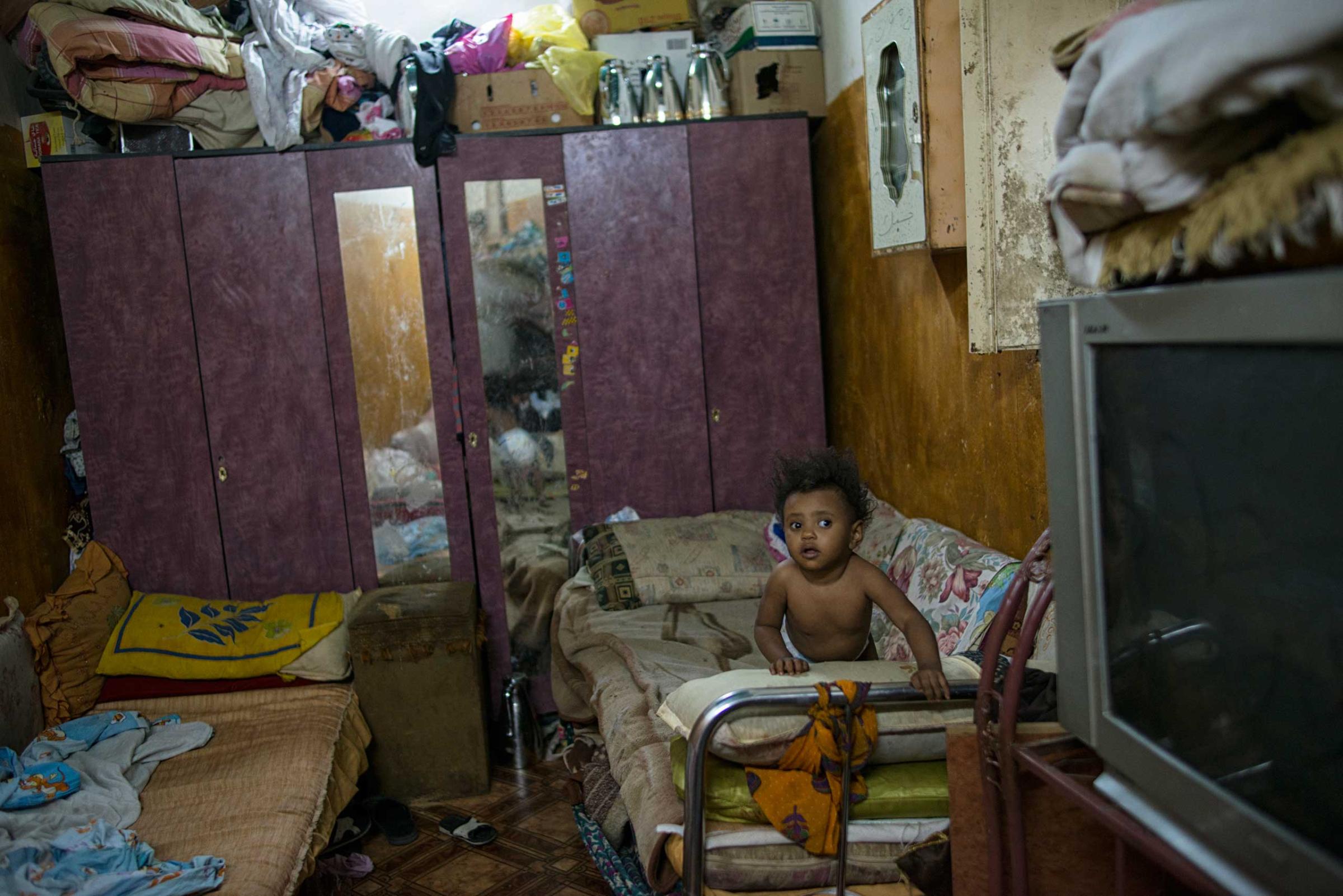
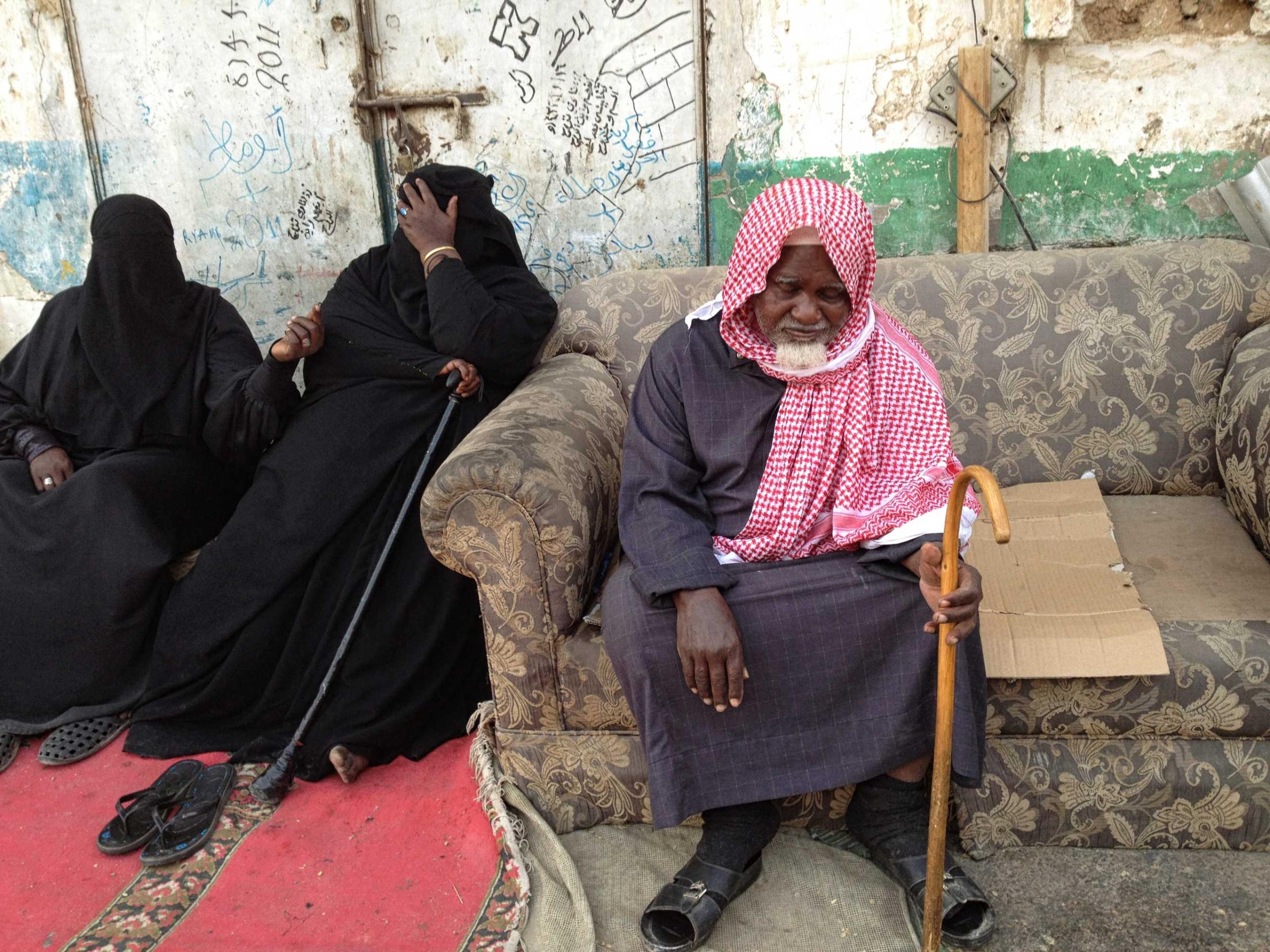
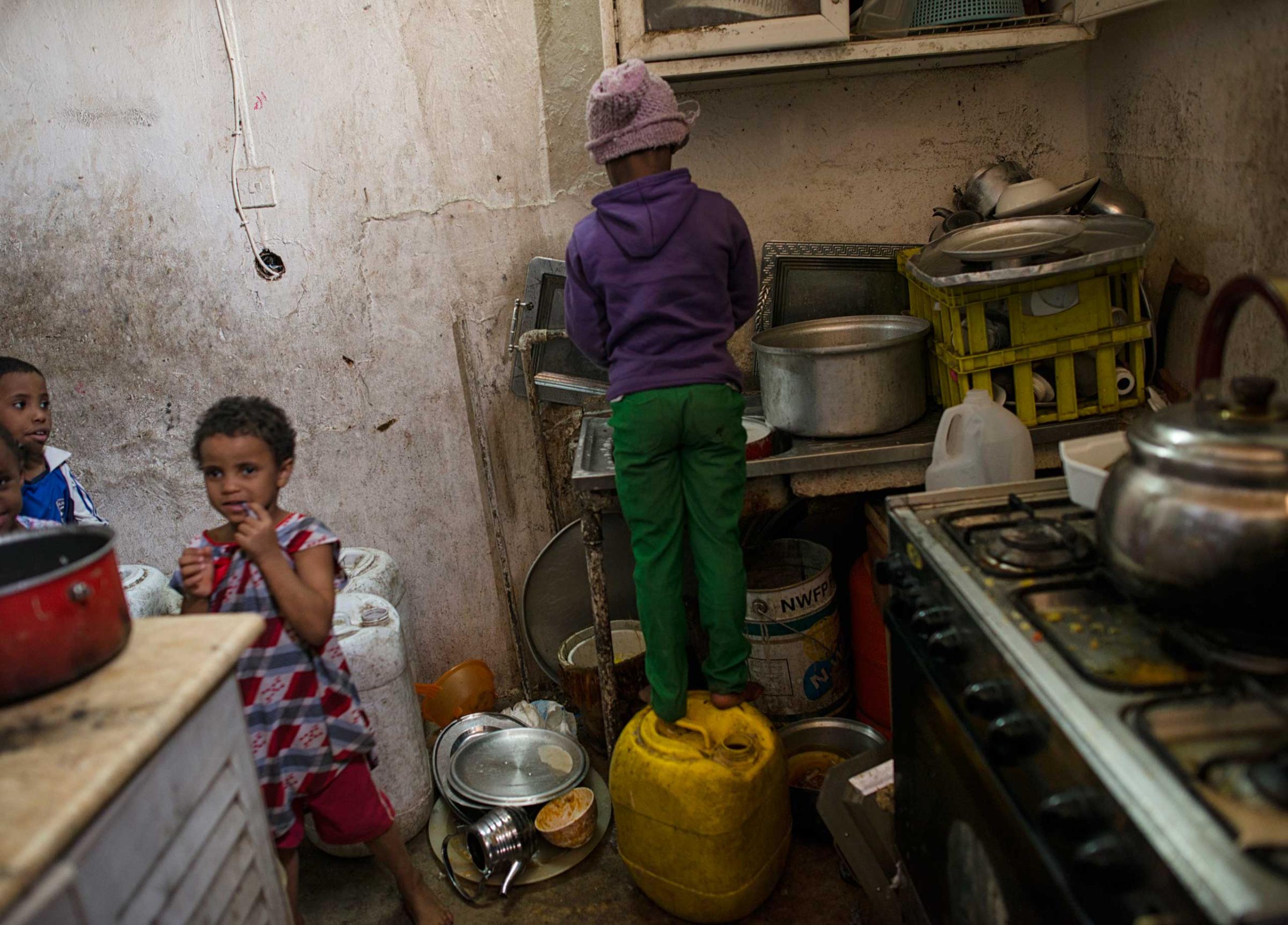
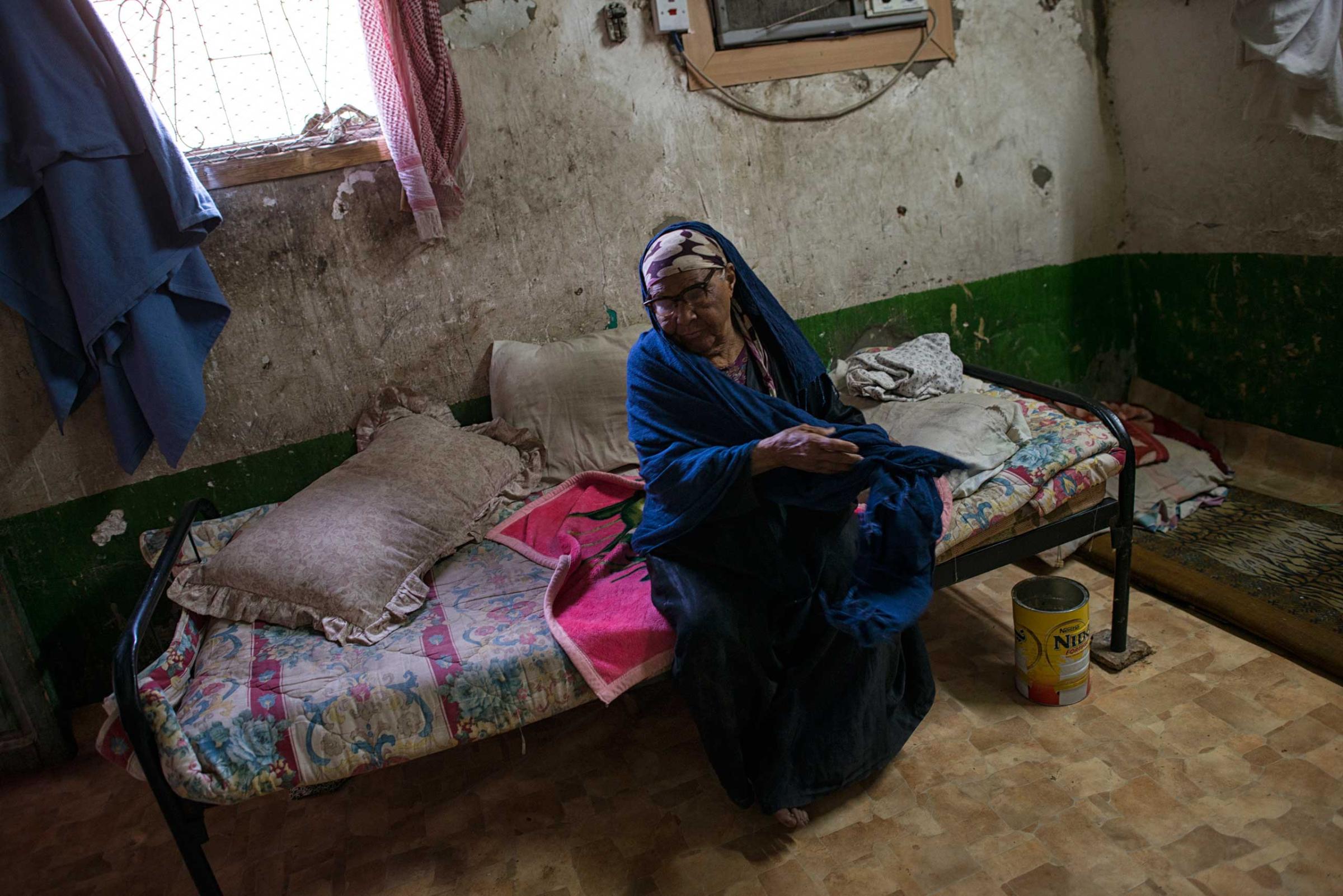
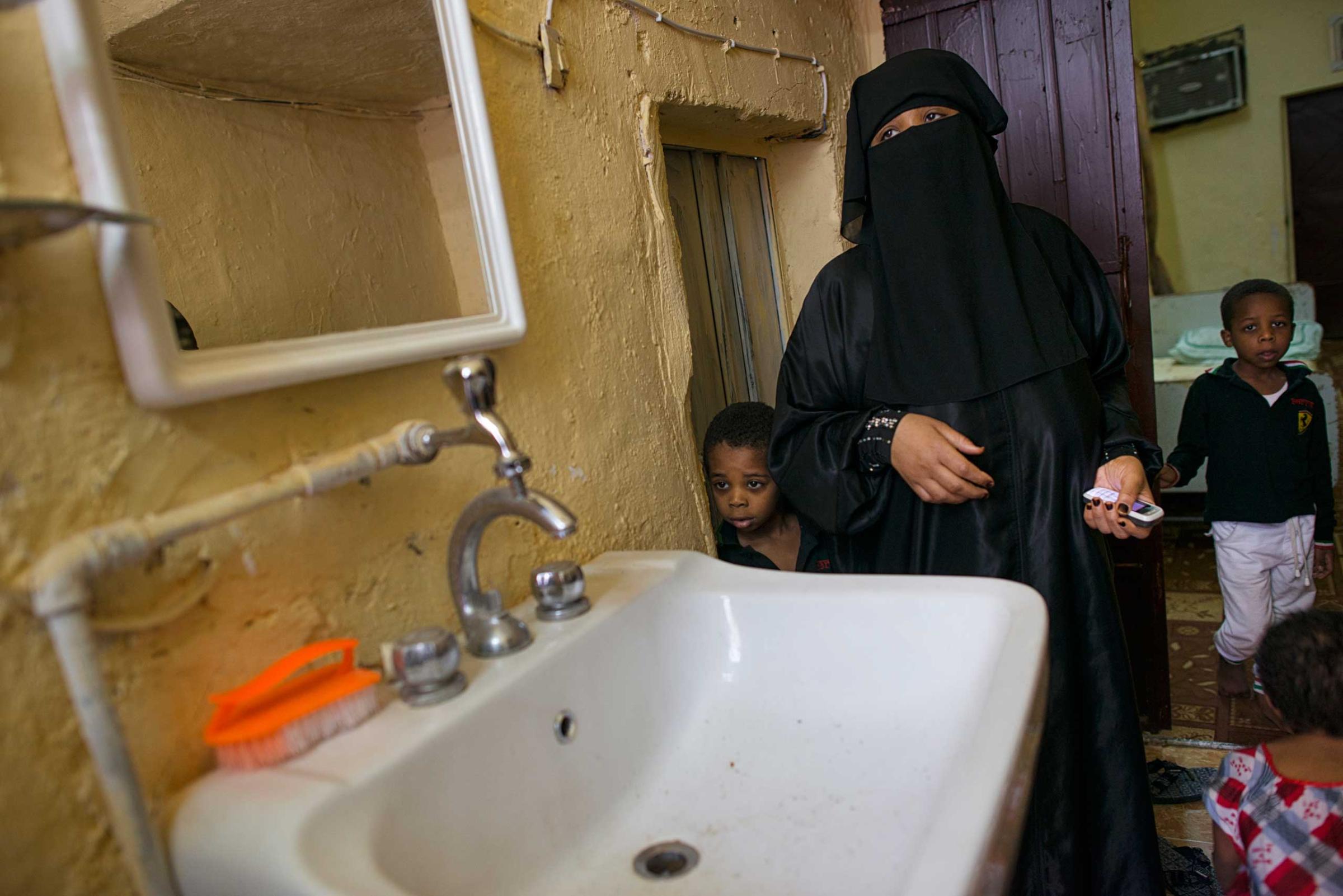
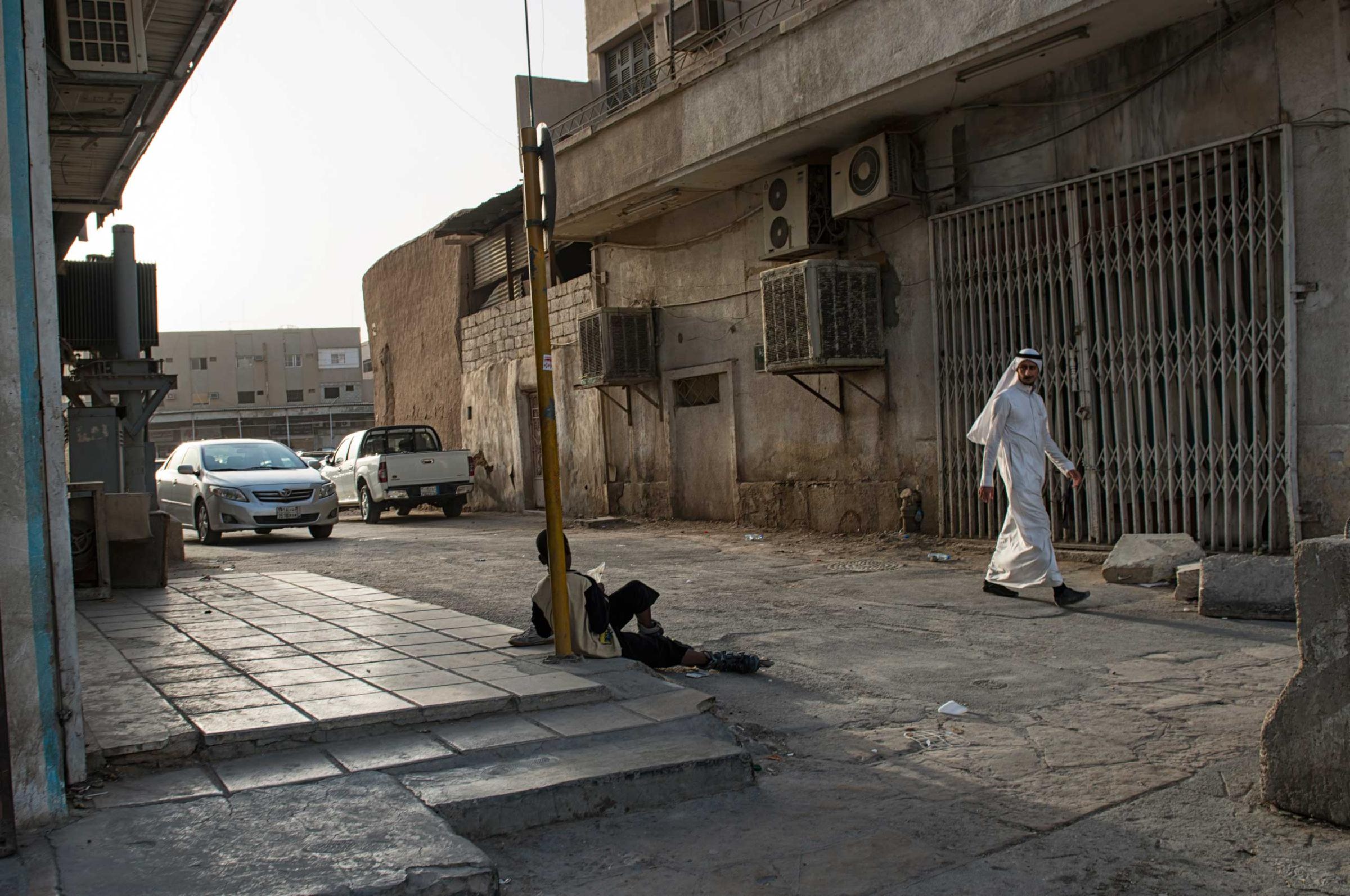
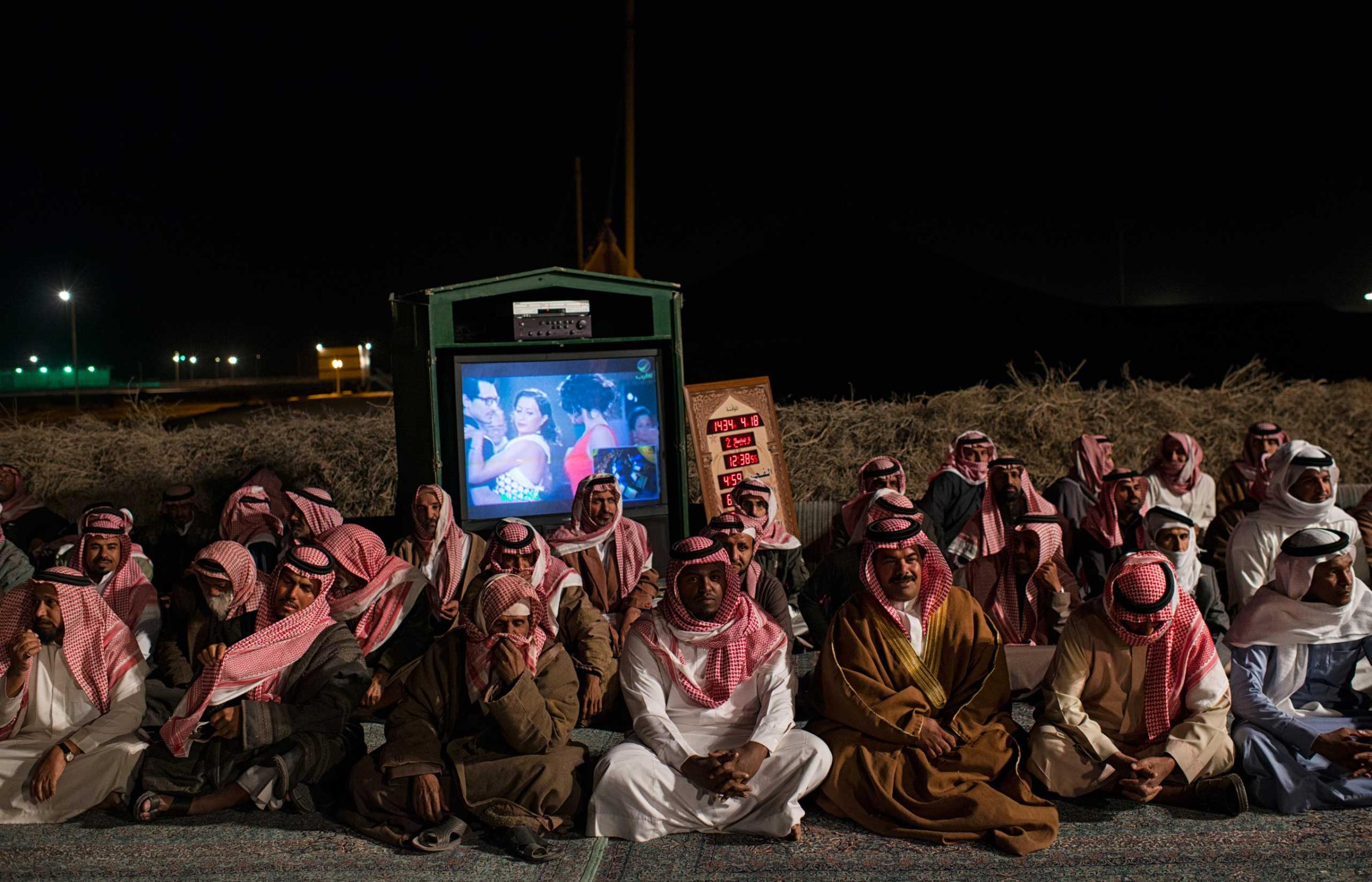
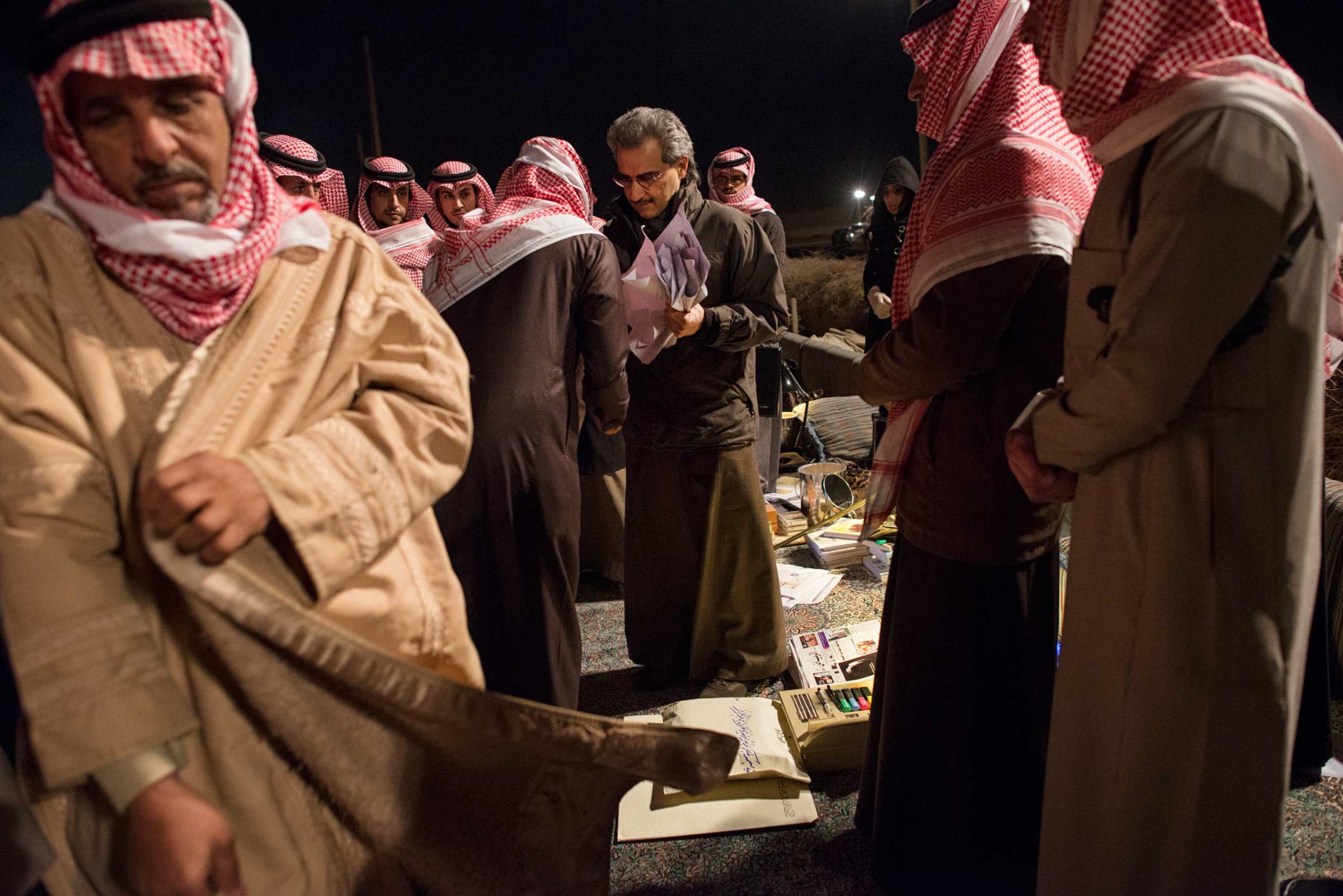
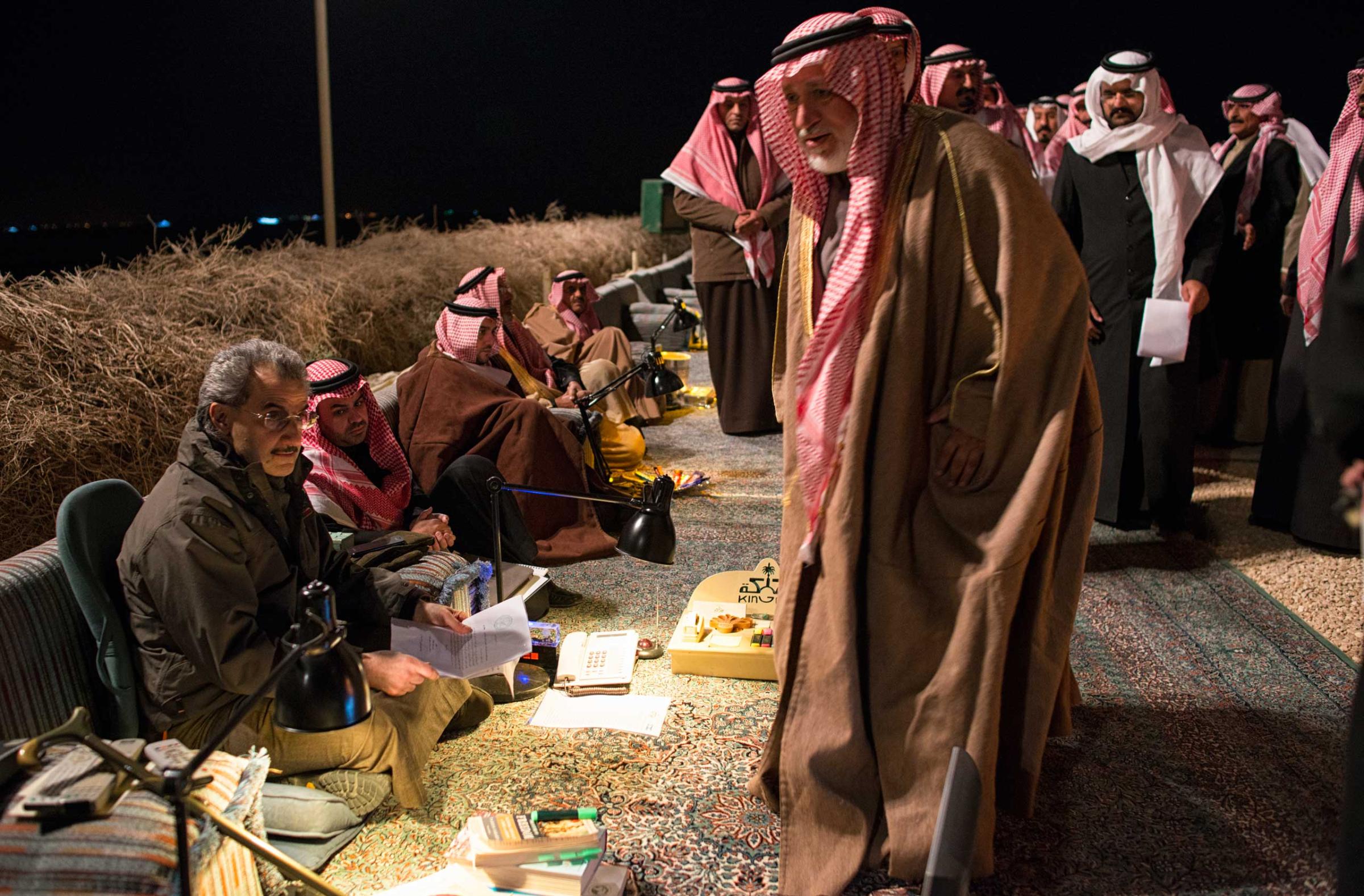
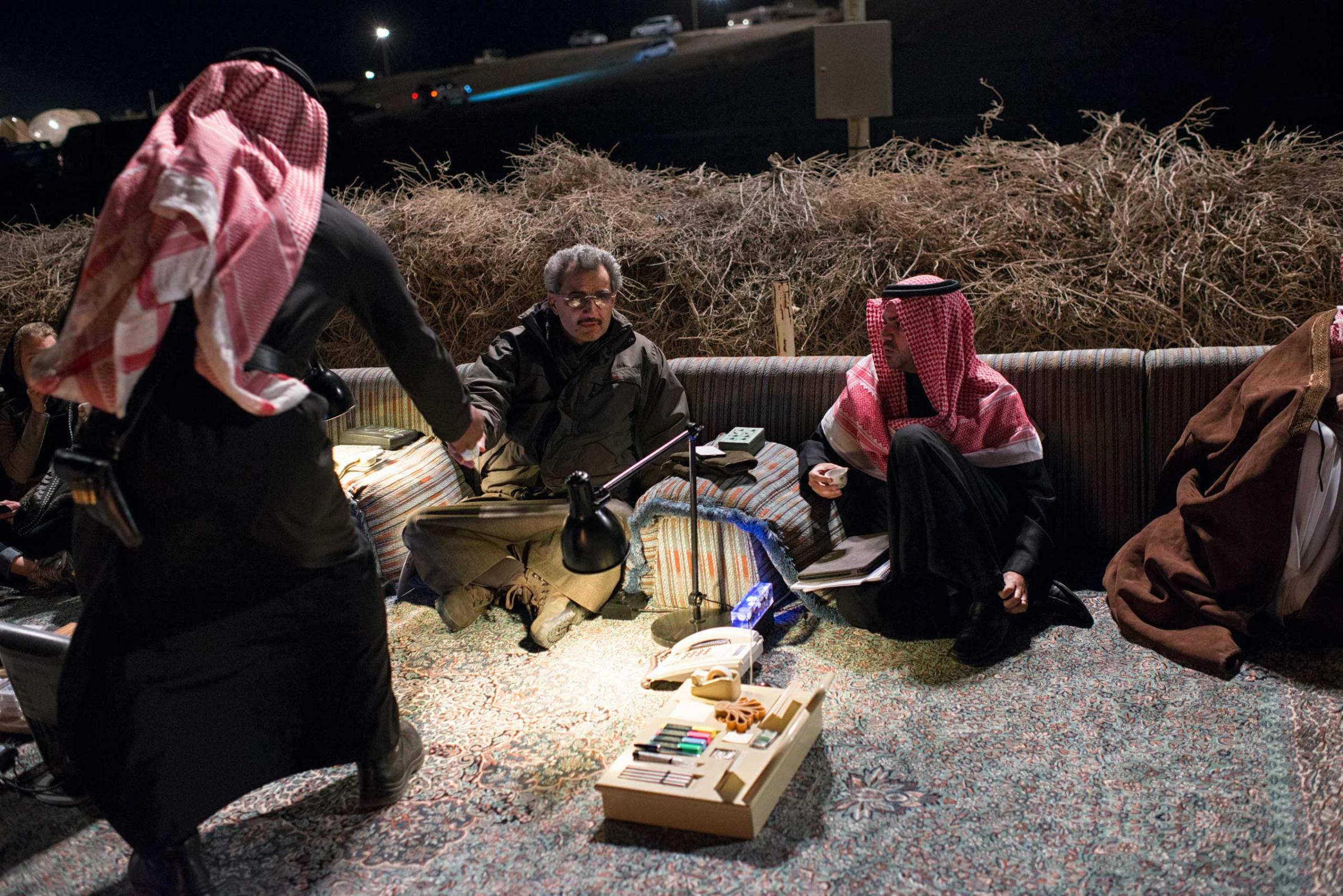
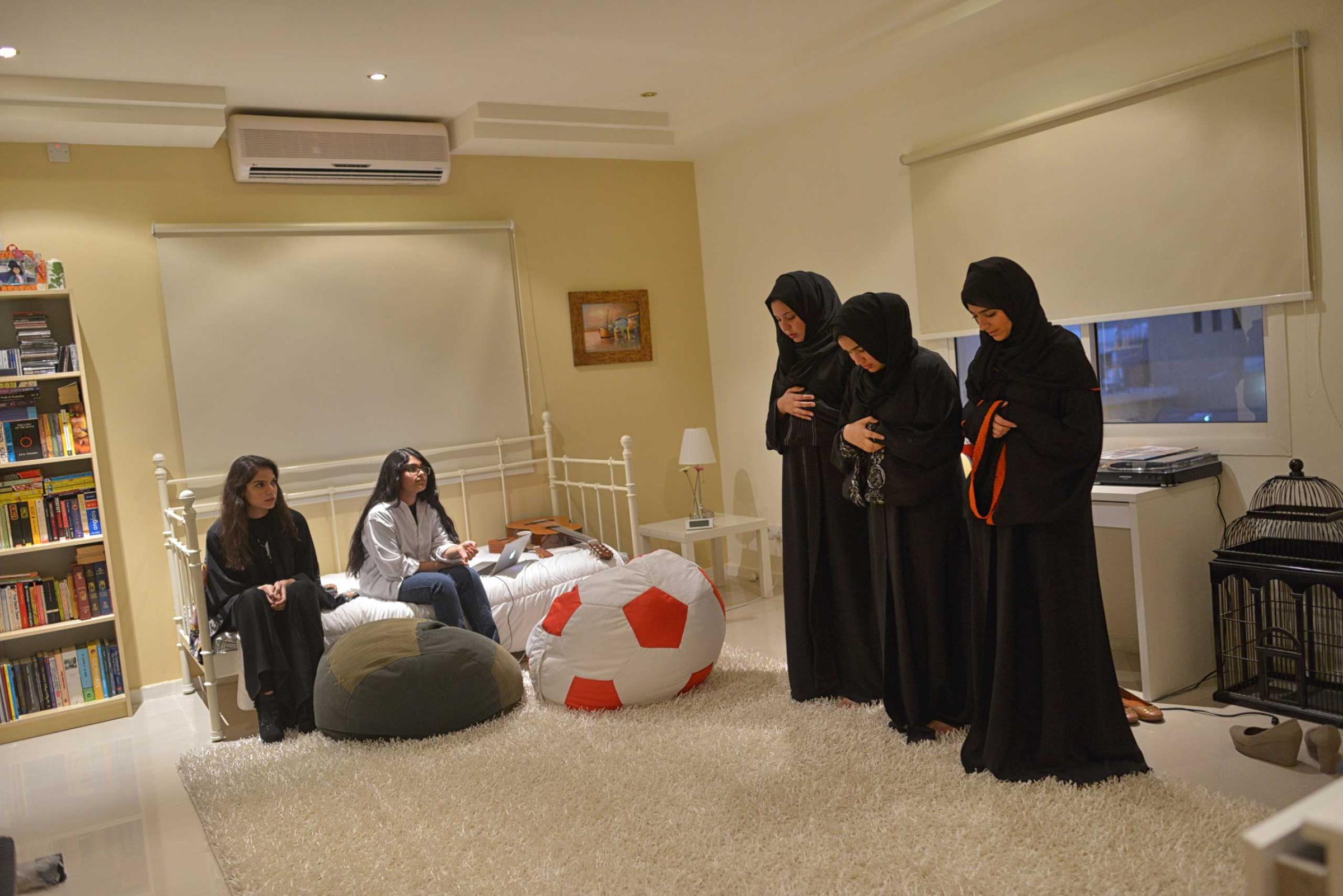
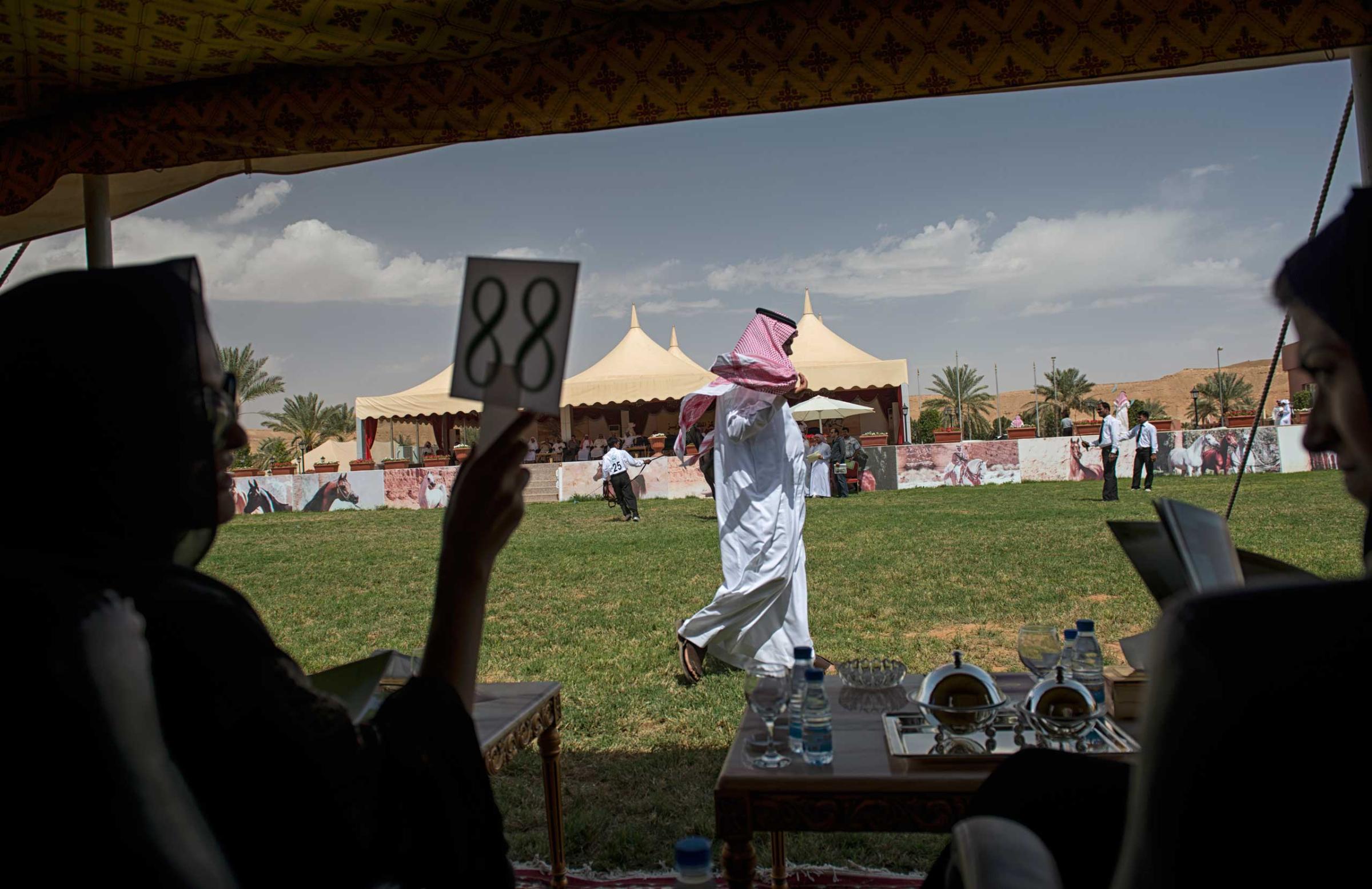
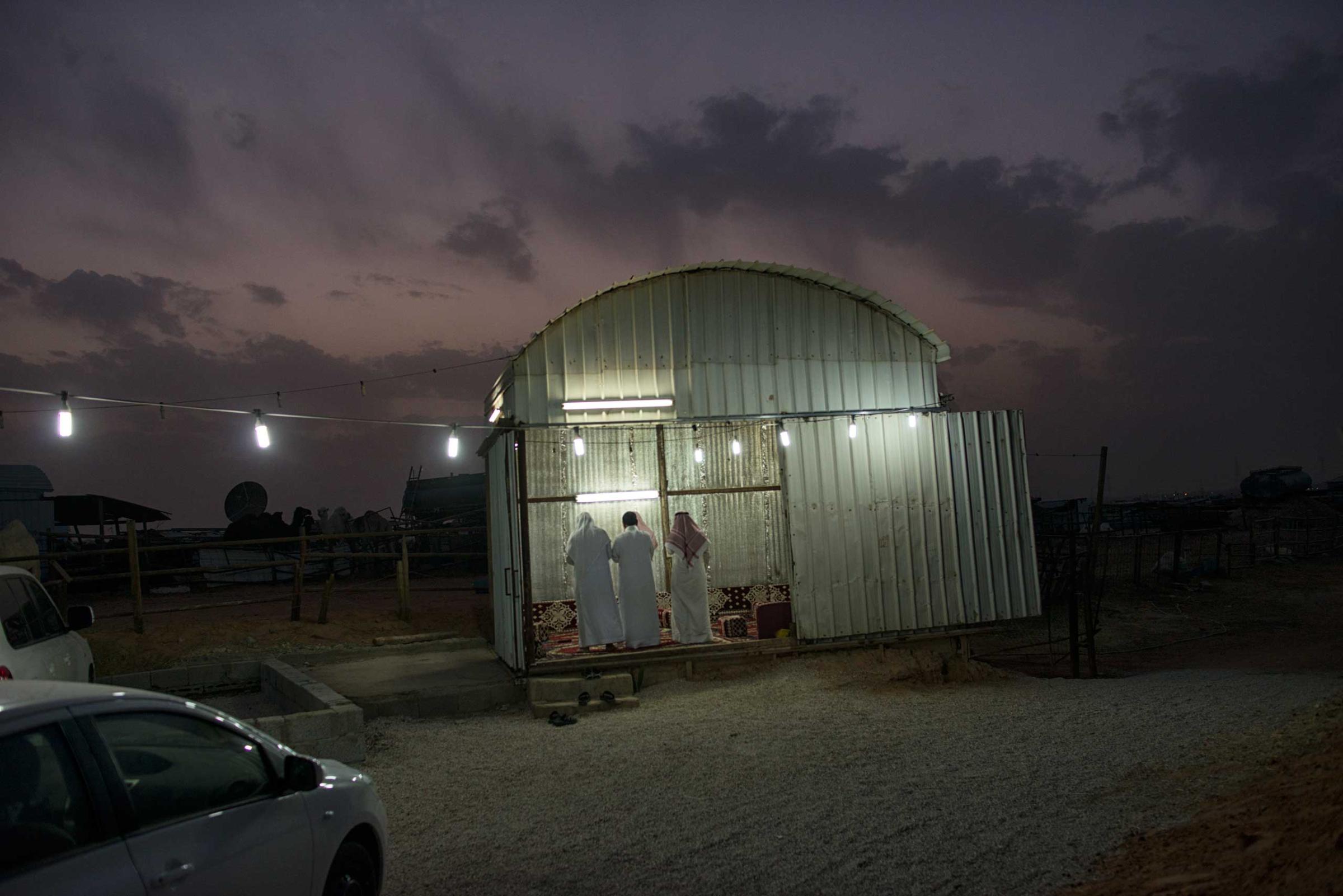
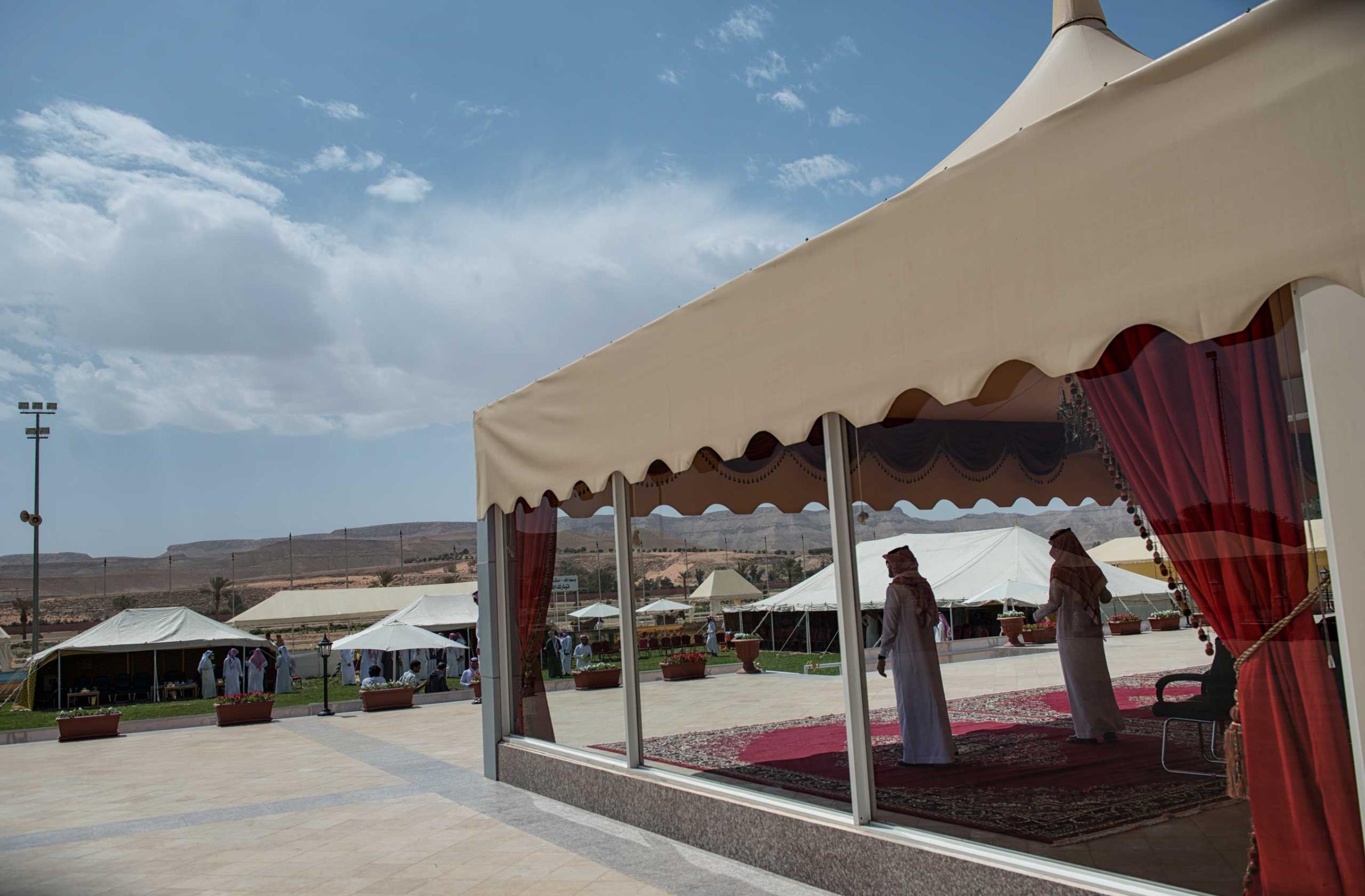
More Must-Reads From TIME
- Dua Lipa Manifested All of This
- Exclusive: Google Workers Revolt Over $1.2 Billion Contract With Israel
- Stop Looking for Your Forever Home
- The Sympathizer Counters 50 Years of Hollywood Vietnam War Narratives
- The Bliss of Seeing the Eclipse From Cleveland
- Hormonal Birth Control Doesn’t Deserve Its Bad Reputation
- The Best TV Shows to Watch on Peacock
- Want Weekly Recs on What to Watch, Read, and More? Sign Up for Worth Your Time
Contact us at letters@time.com